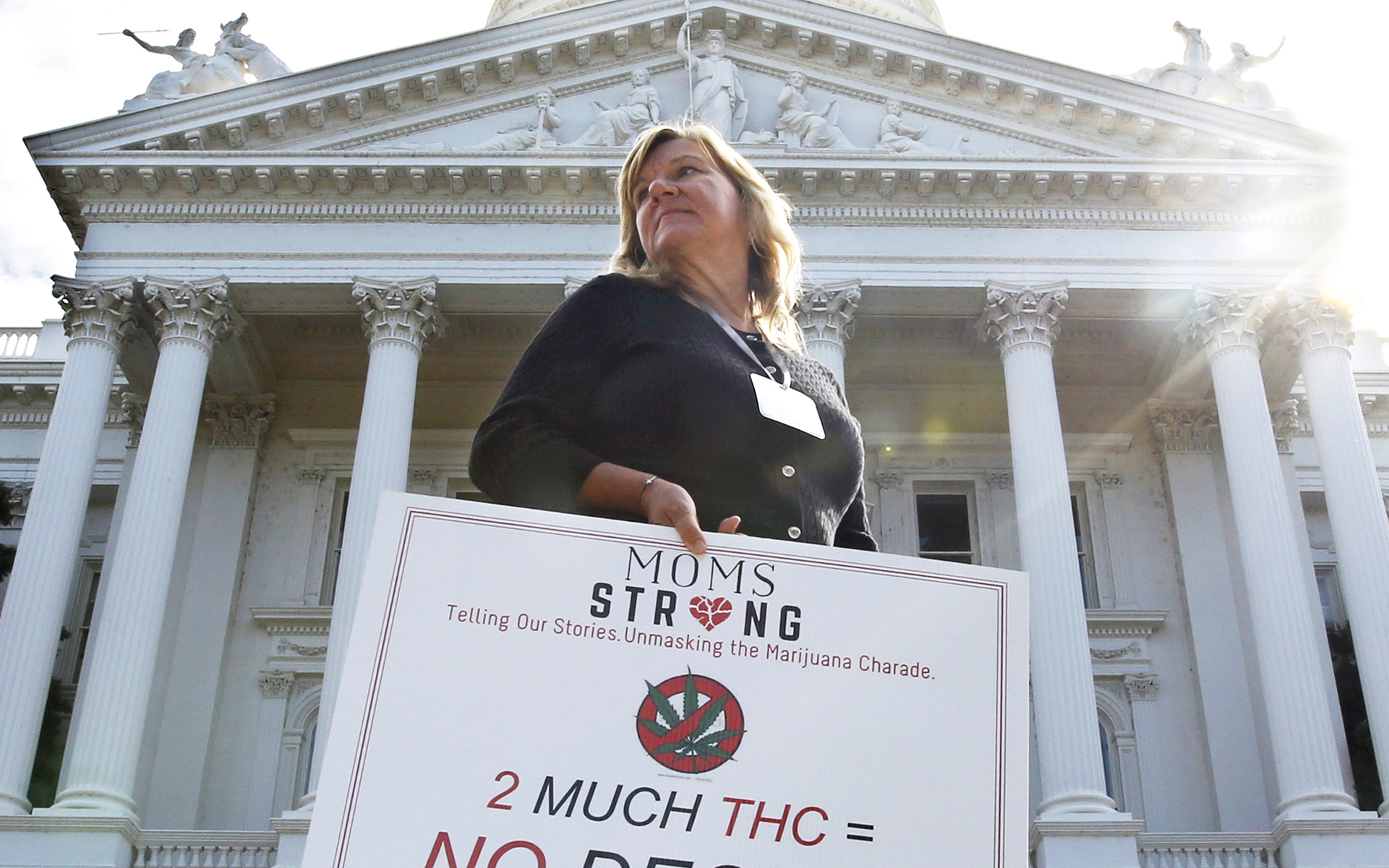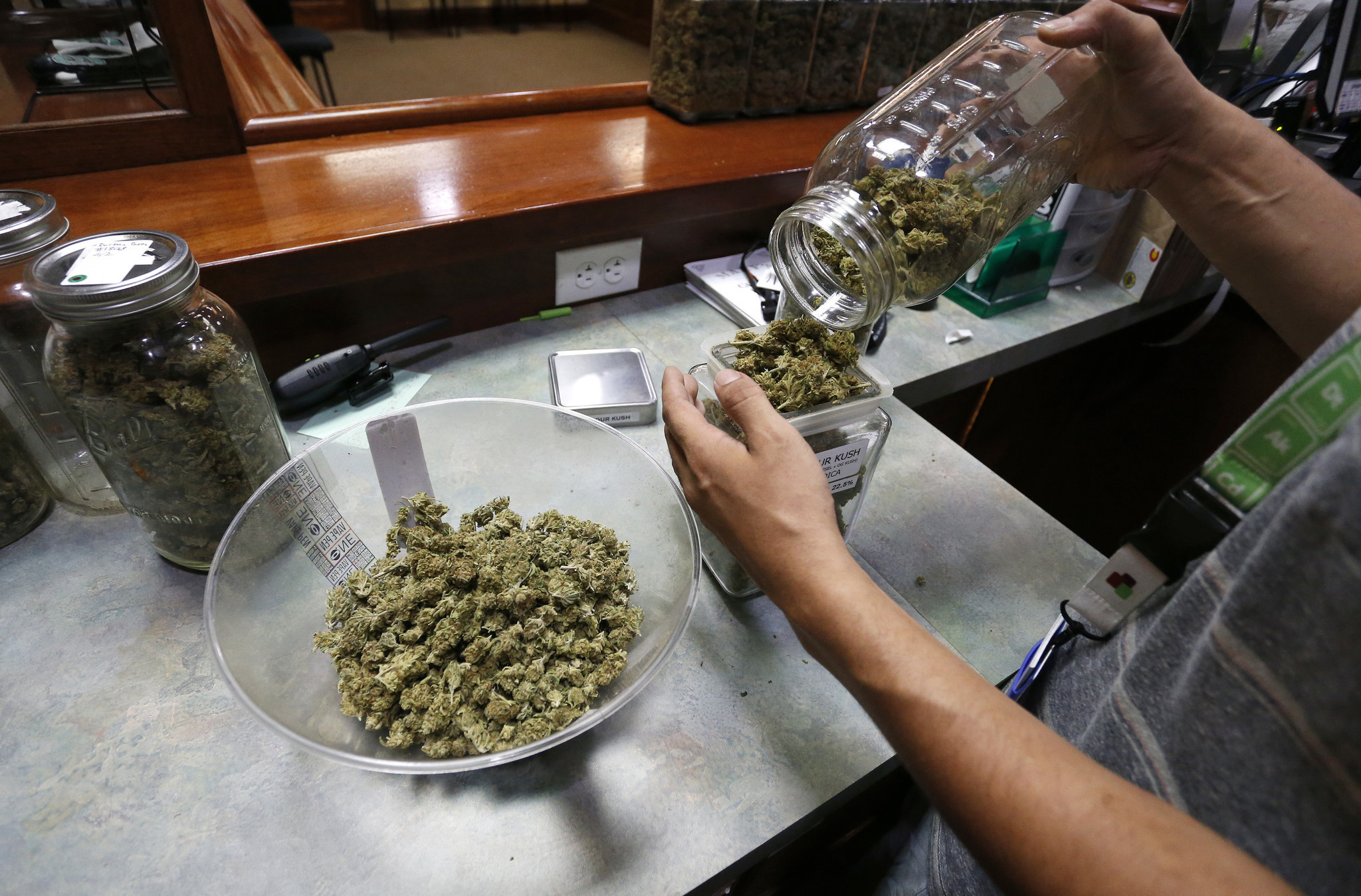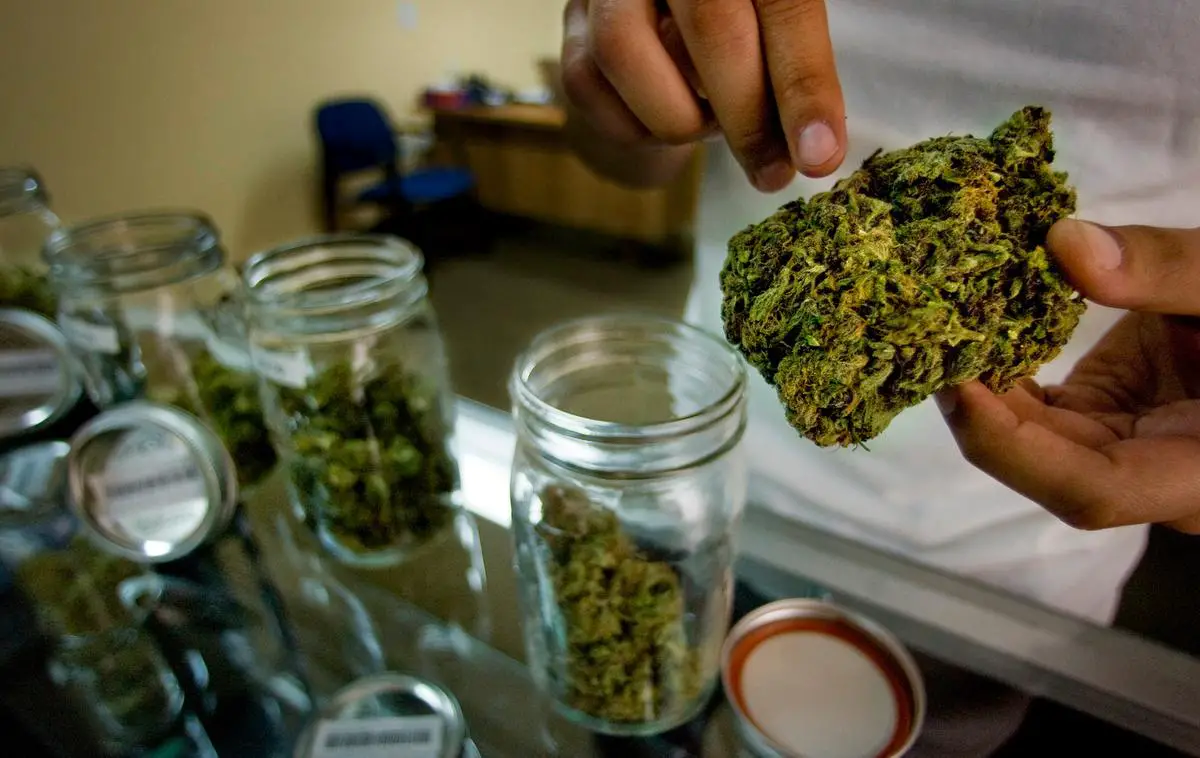Weed Smokers Rejoice!
Here’s a guide to what you can and can’t do under the passing of Proposition 64.
By Kevin Cordon, UC Irvine
The wounds are still fresh.
We are still reeling from the fact that our country elected a man who has managed to tweet his way to the White House. Now, three days later, everyone who doesn’t support our new president-elect is trying to find solace and celebrate the small victories from the election. For Californians, that small victory is the passing of Proposition 64, which legalized marijuana for recreational use, making weed legal from top to bottom on the West Coast.
Basically, here’s what you can do if you’re an adult under Proposition 64:
- You can consume marijuana, any way you’d like at home.
- You can carry, give away or accept for free, up to an ounce of marijuana or eight grams of concentrated cannabis.
- You can grow as many as six pot plants per home, discreetly, meaning it has to be indoors and comply with local policies.
- Criminal records or jail sentences from prior marijuana related charges could be changed. Felonies could change to become misdemeanors, and misdemeanors could become legal.
And here’s what you still can’t do:
- Smoking marijuana in any public place, as public consumption is still banned.
- Buying and selling recreational cannabis is still illegal for now. You can give away and receive weed for free, but can’t sell or buy it until licensed shops open sometime next year.
- Getting high while driving is still illegal. Driving high will still get you arrested and like alcohol, it’s illegal to have an open container of weed in a car.
- As many Californians were probably thinking, “Now I can go to work stoned!” Sorry, you still can’t do that. Employers are still allowed to enforce their own individual drug policies and can still drug test you and fire you if you test positive for weed.
Seems fair enough right? Well it passed by 56 percent, which if I can do second-grade level math correctly, would mean that 44 percent opposed it. Why? Well, this prop was partly-opposed by concerned mothers who didn’t want their kids seeing commercials of people smoking weed while they were in the middle of an episode of Spongebob. They claim that there will be no regulations on marijuana advertisements on television, enticing their kids to take their lunch money for the week and buy a few joints from their older cousin. That’s actually untrue. Federal law prohibits those advertisements. That’s why you don’t see cigarette ads on TV anymore either.

The other side of the “No on 64” movement was law enforcement. Yes, the fuzz doesn’t want weed to be legal. Though it seems like not having to worry about weed-smokers would make the po-pos’ jobs easier, a lot of them are against it. They cite traffic safety as one of their main points and that there is currently no DUI standard for marijuana, which there really isn’t. However, there’s a reason for that. Marijuana metabolizes differently than alcohol does, meaning measuring your level of high doesn’t work the same way as you would breathalyze someone for alcohol. Research is still being done to effectively establish a DUI standard for weed, rather than an officer just looking at how red a driver’s eyes are to determine if he’s too high to drive or not.
Prop 64 is only the first step in changing a national drug policy that has sent far too many people to jail. By changing the way the state, and furthermore the country, looks at marijuana, we’re inflicting the idea that change is needed. Currently, too many law enforcement resources are spent searching and prosecuting kids for possession of marijuana, criminalizing them and setting them up for failure in a system that wants them to lose. The pros of passing Proposition 64 surpass the cons by a large margin on every level.
From an individual standpoint, California residents will now be able to profit from a legalized business that is predicted to bring in over a billion dollars in tax revenue per year in the next few years. Essentially, drug dealers can now deal weed legally and turn their once-illegal profession into a licensed business that has huge financial potential. Also, Prop 64 changes lives through its ability to adjust current jail sentences and criminal records relating to marijuana, giving so many people a fresh start and freeing others for convictions that should have never happened in the first place.
Legalizing marijuana is common-sense drug policy. By making recreational weed legal, we’re correcting a medicinal cannabis system that has been abused for years and replacing it with drug policy reform that should have been in place long ago. So many lives have already been affected by marijuana convictions, a drug that has claimed no lives from overdoses and has helped many people cope with stress and the symptoms of tragic illnesses like cancer. By fighting marijuana for so many years, law enforcement was fighting the wrong battle, and it’s time law enforcement organizations like the California Narcotics Officers Association, or CNOA, realized that.

Drug policy in the state, and in the country, is still far from what it should be. We’re still treating drug addiction with an underlying stigma of it being a morality issue when it really is a mental health condition and needs to be treated with care. We refuse to see people who struggle with drug problems as people-in-need, instead viewing them as morally challenged and a burden to our society. If the outcome of this election has taught us anything, it’s that now is the time to come together and unite as a nation that doesn’t discriminate based on racial or socioeconomic standards. We’re all in this together and refuse to single out those who struggle with mental health or drug addiction issues, offering them help and support instead of judgment. For all those people who are hurt and scared by our new President-elect, come to California and spark up a joint, we’ve got one for you.

















